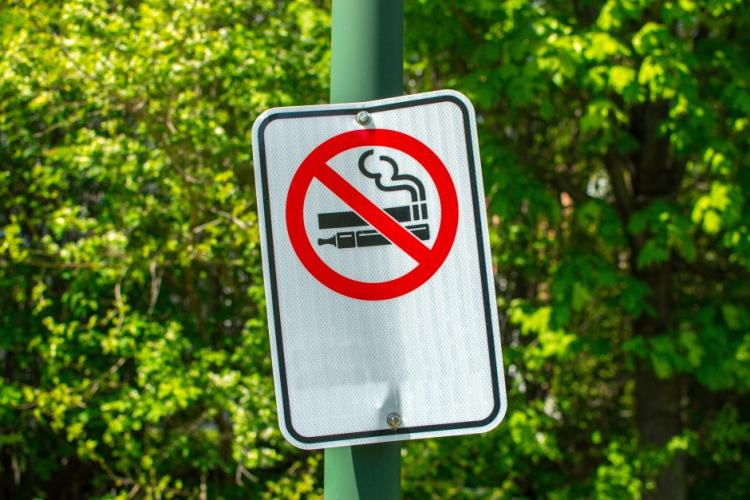
Source: Adobe Stock
Contact: Brian Consiglio, consigliob@missouri.edu
In recent years, vaping has become popular as an alternative to traditional cigarettes. Flavored electronic cigarettes — known as e-cigarettes — have become so popular among young adults that some states have implemented restrictions such as flavor bans and taxes on e-cigarettes in an effort to reduce teen vaping.
A new study from researchers at the University of Missouri and the Yale School of Public Health found that state restrictions on flavored e-cigarettes led to a decrease in vaping among young adults in the United States. However, those restrictions also led to an increase in traditional cigarette smoking among young adults compared to states without such restrictions.
The findings show that well-intentioned public health policies can have unintended effects — a topic of interest for Mizzou’s Michael Pesko, a professor of economics in the College of Arts and Science.
“We should always be cognizant that any policy will have unintended effects, especially in the public health space. In this case, our study finds flavored e-cigarette restrictions have the unintended effect of sizably increasing cigarette use,” Pesko said. “This is not good from a public health perspective because cigarettes are far more dangerous products. It’s the equivalence of steering a ship away from a storm straight into a whirlpool.”